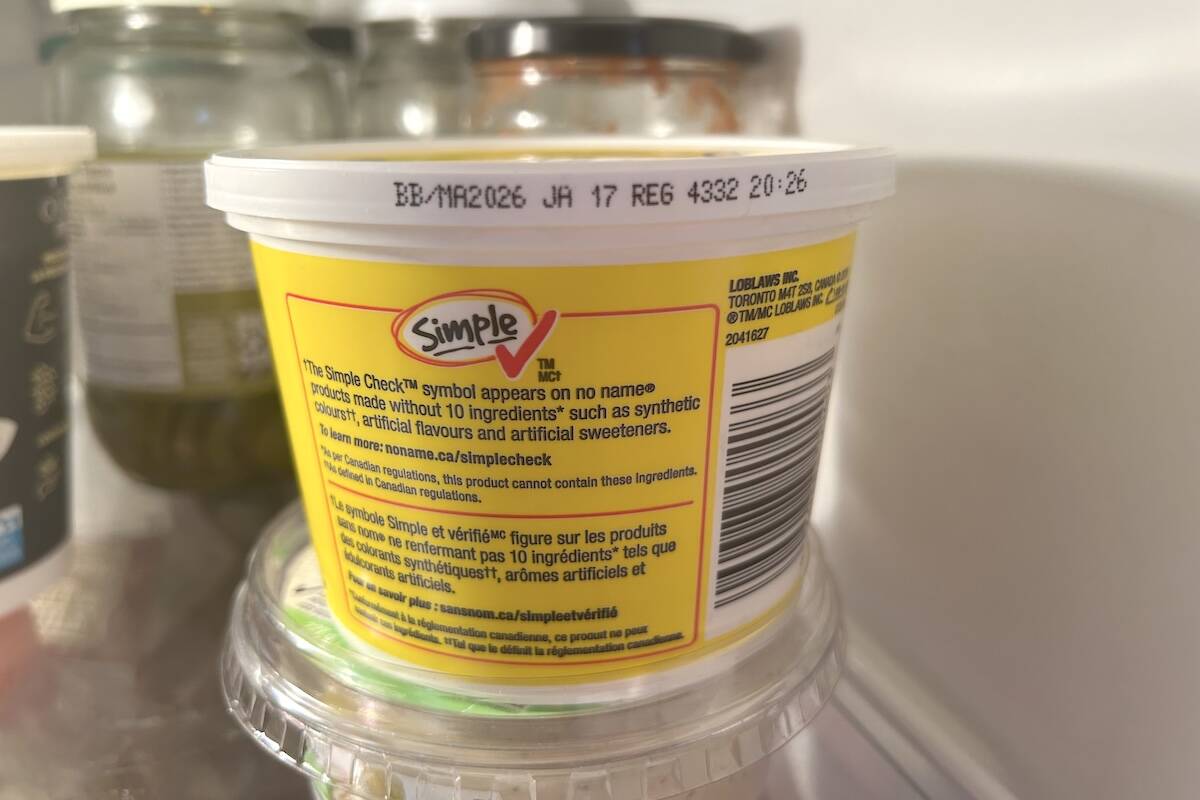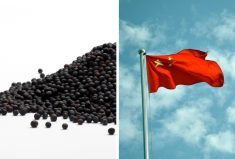Asked whether Canada’s current emphasis on reaching a bilateral free trade agreement with Europe means that multilateral WTO talks are dead, Canadian trade negotiator Steve Verheul responds with a smile.
“It’s pretty quiet. Will the U.S. seriously negotiate, or won’t they? Trade isn’t a very popular word in the U.S. these days.”
As for his assertion that “everything is on the table,” what about supply-managed sectors, such as dairy and poultry?
Read Also

Best before doesn’t mean bad after
Best before dates are not expiry dates, and the confusion often leads to plenty of food waste.
Verheul said that Canada has a long history of defending supply management in international trade deals, and as a “sensitive” issue, it would likely end up being one of the last points to be negotiated.
“These issues will be dealt with at the very end of the day, and they will be one of the most difficult.”
Fred Tait, a beef producer from Portage la Prairie and regional co-ordinator for the National Farmer’s Union, questioned whether yet another trade deal would be positive for producers.
He noted that although Canadian agricultural exports have tripled since 1989, farm debt has also tripled over the same period, and net farm income would have slumped into negative territory without government program funding.
“I think there are a lot of other complicating factors associated with that,” said Verheul.
“The way the cattle industry has developed in Canada does mean that it relies heavily on exports. I think there’s no real turning back on that. If we focus more on the domestic market, we’re going to lose a lot of farmers.”
SEED OFF THE TABLE?
UPOV-9 1 , which has attracted farmer ire over its allegedly draconian intellectual property restrictions on farmer-saved patented seed, is no longer included in the text of the proposed Canada-EU trade deal, Verheul said.
“I can assure you that in the final agreement, there will be nothing in there with any implications in that respect,” said Verheul. “That’s one issue that I don’t think we need to worry about.”














